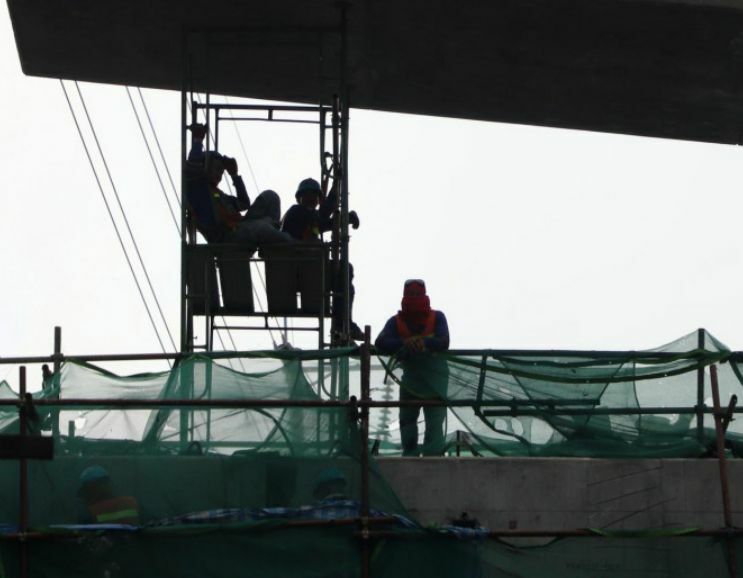Wage increase: Thai businesses wary of proposed 400 baht hike

The business sector expressed concerns over the possible negative effects of the proposed daily minimum wage increase to 400 baht. The announcement, made by Prime Minister Srettha Thavisin, could lead to higher costs for consumers.
Industries that rely heavily on labour, such as agriculture, food export, retail trade, and construction, would be most affected by the wage increase, according to Pisit Puapan, director of the Fiscal Policy Office’s Bureau of Macroeconomic Policy.
Despite these concerns, Pisit emphasised that inflation would remain within the target range and that the impact on small and medium-sized enterprises (SMEs) would be limited. He suggested that some businesses, such as banking and finance, could benefit from increased purchasing power.
However, the proposed minimum wage increase has not been unanimously welcomed. Sangchai Theerakulwanich, president of the Federation of Thai SMEs, warned that a wage hike could lead to significant difficulties for SMEs, many of whom are already struggling with liquidity issues and loan acquisition.
The timing of the wage increase was also questioned. While employers recognise the need for wage increases due to rising living costs, Sangchai stressed that the current economic conditions are not conducive to such a move.
Past wage increases have led to significant layoffs and relocations of businesses to neighbouring countries. The hike in the daily minimum wage to 300 baht in 2013 resulted in the unemployment of over 2,500 workers within the first five days of its implementation.
Homebuilding and property
The proposed wage increase also carries risks for industries such as homebuilding and property. Sutee Ketsiri, managing director of homebuilder Built To Build Group, warned that rising labour and construction material costs could lead to a significant increase in house prices, reported Bangkok Post.
While some argue that the hospitality sector would be minimally affected since many hotels already pay their staff more than 400 baht a day, others highlight the uneven recovery of the sector and the potential impact on hotels that target specific customer groups.
The manufacturing industry is also set to face a significant cost burden, with Delta Electronics (Thailand) stating that the cost of hiring staff is always a critical factor for foreign investors. However, the company believes the impact will be manageable and that the wage increase could prompt Thai electronics manufacturers to invest in R&D and advanced technology.
In response to the concerns, Sanan Angubolkul, chairman of the Thai Chamber of Commerce, has urged the government to speed up economic stimulus measures to help businesses cope with the wage increase. He also stressed the importance of considering the different economic contexts and potentials of each province before implementing a wage hike.
Kriengkrai Thiennukul, chairman of the Federation of Thai Industries (FTI), echoed similar sentiments, calling for a careful consideration of the wage hike. Meanwhile, KGI Securities (Thailand) calculated that a 15% increase in the daily minimum wage could decrease listed companies’ net profits by between 0.7% to 3.3% by next year reported Bangkok Post.
Follow more of The Thaiger’s latest stories on our new Facebook page HERE.
Latest Thailand News
Follow The Thaiger on Google News:


























